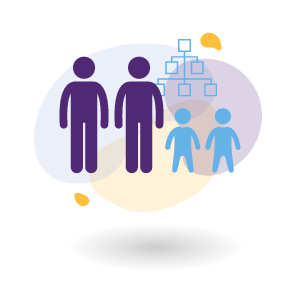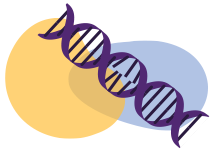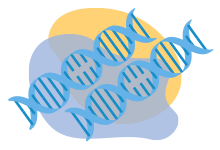What are mutations?
Mutations are changes in our genes that can lead to missing, incorrect, or extra information. Remember that your genes are like an instruction manual. If the manual is missing a page, or has added or incorrect information, things may not work properly. The same is true for your body.
Sometimes mutations make it hard for your body to build

Single gene
Single-gene disorders occur when there is a mutation in only 1 gene. Cystic fibrosis is an example of a single-gene disorder.
Chromosomal
A chromosomal disorder can happen when there is an extra or missing
Complex
Complex disorders happen when there is a change, or mutation, in more than 1 gene. Type 2 diabetes is an example of a complex disorder.
Mutations within the genes can lead to genetic disease. Let’s learn more about how gene therapy works in the body.
Learn more
Sign up to receive the latest resources direct to your inbox.




